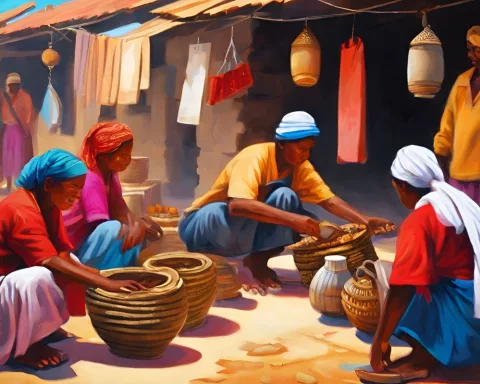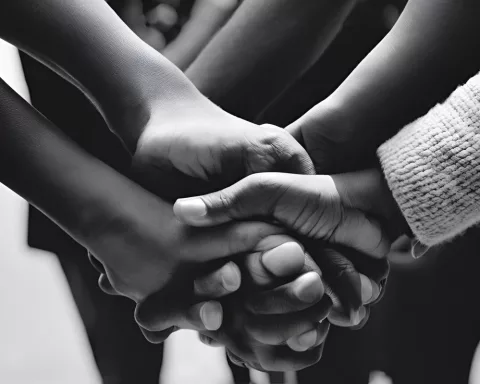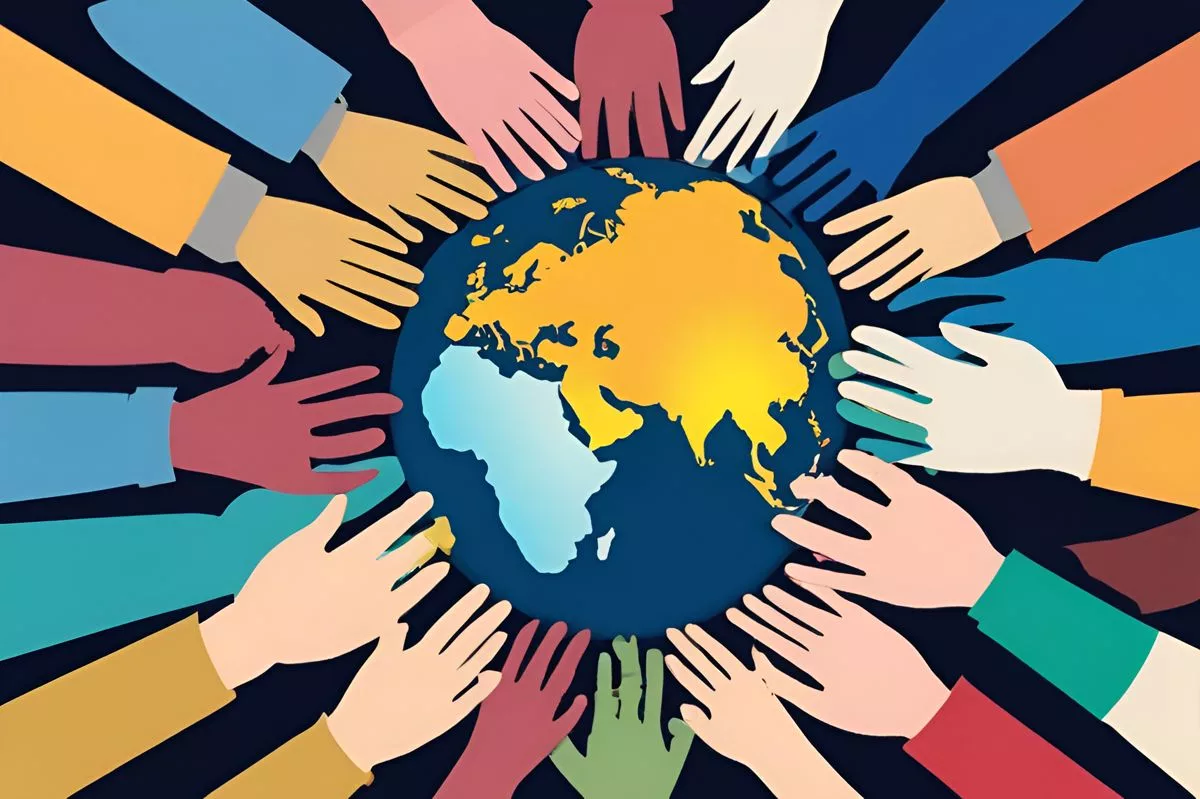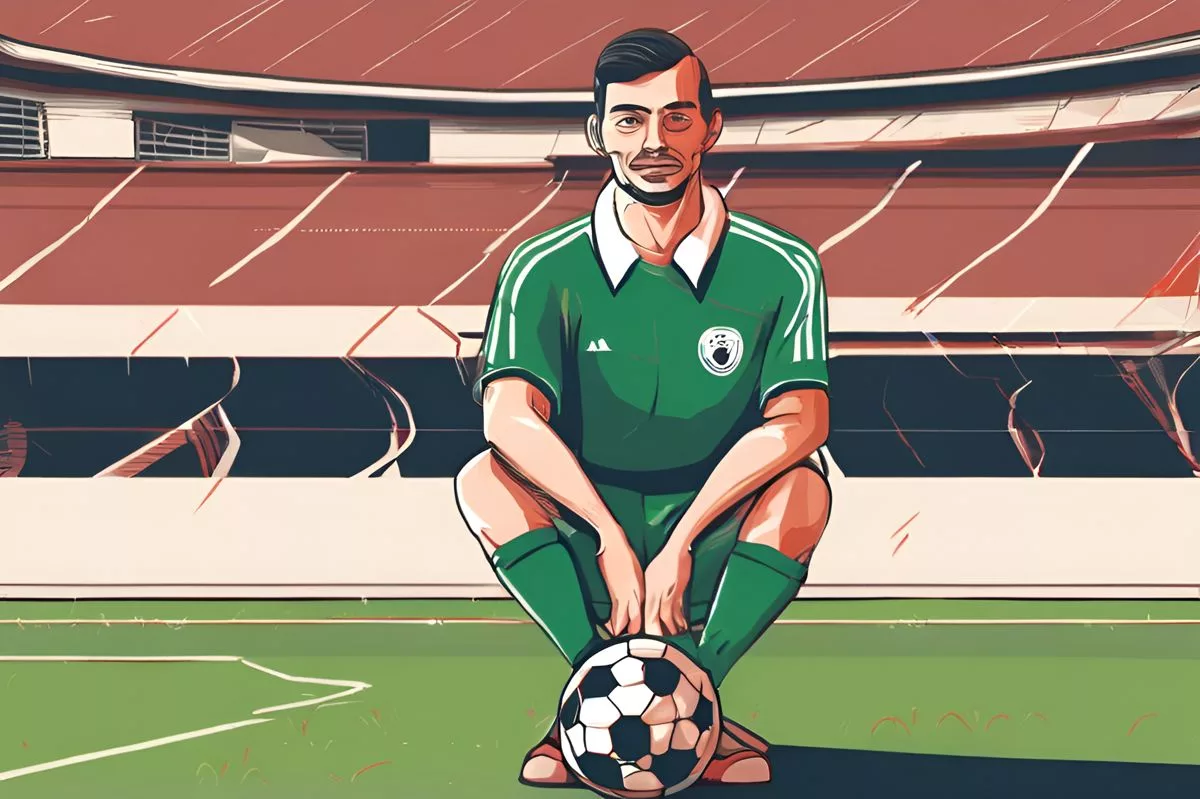The Palestine National Football Team played an exhibition match at Athlone Stadium in Cape Town, South Africa. The event was more than a sports game, it was a celebration of human resilience and solidarity. The team showed fearless spirit and determination typical of passionate footballers, while the crowd of over 17,000 demonstrated their support for the oppressed people of Palestine, making a resounding statement that they are not alone.
What was the Palestine National Football Team doing at Athlone Stadium?
The Palestine National Football Team participated in an exhibition match at Athlone Stadium in Cape Town, South Africa. The event was more than just a sporting spectacle, it was a celebration of human resilience and solidarity. The crowd of over 17,000 spectators demonstrated their support for the oppressed people of Palestine, making a resounding statement that they are not alone. The Palestinian team, relative rookies in international football, showed a fearless spirit and determination typical of passionate footballers.
The Unique Event
On a typical Sunday, Athlone Stadium was thronged with thousands of spectators, there to witness a match unlike any other. The Palestine national football team was part of an exhibition match, but the event was more than just a sporting spectacle. It was an embodiment of solidarity, a celebration of human resilience, and a moment that transcended the boundaries of an ordinary football match.
As a football enthusiast, I usually dedicate a few hours each week to the game. This is my sanctuary, a place where I can forget life’s daily pressures like work, bills, and adulthood’s relentless demands. ‘I’ll play until I can no longer stand,’ is a phrase I frequently use. Consider then, the emotions that must have run through the Palestinian team at Athlone Stadium that Sunday. For a brief 90 minutes, they could run freely on the pitch, momentarily leaving behind the turbulent conditions of their homeland.
The Unforgettable Crowd
The crowd, amassing over 17,000 spectators, celebrated the Palestinian players as idols, despite their defeat by one goal to the home team. As I sat on the bleachers, with the majestic Table Mountain as a backdrop, I watched my daughter Misha and her football teammate Tarah, completely engrossed in the game. Unbothered by the world’s complexities, they were immersed in the match, openly commenting on its lackluster quality.
Their unspoiled innocence invoked images of numerous Palestinian girls their age, whose lives have been cruelly ended by the Israeli Defence Forces in recent months. It was not lost on me that we were in Athlone, a historical site known for resistance against the apartheid government. Athlone has been a focal point in the fight for freedom, marked by the sacrifice of many lives.
However, this wasn’t a typical football audience. The assembly was a colossal demonstration of support for the oppressed people of Palestine, organized by the South African Football Association (SAFA). The event was more than a football match; it was a resounding statement that in their grim reality, the people of Palestine are not alone.
The SAFA Initiative
SAFA, often criticized, had an exceptional weekend. They not only secured third place in the African Cup of Nations but also hosted the Palestinian team for the Football 4 Humanity event. This event presented a golden opportunity for the embattled President Cyril Ramaphosa to gain some favor among the crowd, who were disenchanted with the provincial government’s indifferent attitude towards Palestine.
This event followed South Africa’s victory over Israel at the International Court of Justice. But the jubilation was interrupted by a grim local reality – a friend’s text lamenting about Stage 6 loadshedding, a jarring contrast to the President’s pledge of its elimination.
Despite this, it is possible to commend our government’s efforts for Palestine while criticizing its failings for the South African people. Humans possess the intellectual capacity to entertain these two distinct thoughts, revealing that we are not mere followers.
The Palestinian Team
The Palestinian team, relative rookies in international football since gaining FIFA recognition in 2015, serves as a metaphor for their geopolitical identity. With a team constituted of players from the occupied Gaza and the occupied West Bank, and Israel uncomfortably nestled in between, the ramifications of the war in Gaza are multiplied. Their team manager remains committed to participating in all World Cup qualifiers, a glimmer of hope amid the instability of war.
Perhaps the most charming feature of the Palestinian players on Sunday was their fearless spirit. Far from being perfect, they showed a determination typical of any passionate footballer. This is the allure of the game. It has a unique ability to transcend adversities and offer a brief escape from life’s harsh realities. On Sunday, it offered a short break for the Palestinian players, allowing them to temporarily disconnect from the horrors of war and immerse themselves in the world of football.
What was the purpose of the Football 4 Humanity event at Athlone Stadium?
The Football 4 Humanity event at Athlone Stadium was more than just a sporting exhibition, it was a celebration of human resilience and solidarity. The event was organized by the South African Football Association (SAFA) to demonstrate support for the oppressed people of Palestine and to offer a brief escape for the Palestinian team from the turbulent conditions of their homeland.
How many spectators were at the Palestine National Football Team’s exhibition match at Athlone Stadium?
Over 17,000 spectators were present at the Palestine National Football Team’s exhibition match at Athlone Stadium in Cape Town, South Africa.
What is the significance of Athlone Stadium in South African history?
Athlone Stadium is a historical site known for resistance against the apartheid government in South Africa. It has been a focal point in the fight for freedom, marked by the sacrifice of many lives.
What is the geopolitical identity of the Palestine National Football Team?
The Palestine National Football Team is constituted of players from the occupied Gaza and the occupied West Bank, with Israel uncomfortably nestled in between, making their geopolitical identity complex.
What is the commitment of the Palestinian team manager regarding World Cup qualifiers?
The Palestinian team manager remains committed to participating in all World Cup qualifiers despite the instability of war in their region.
Who organized the Football 4 Humanity event at Athlone Stadium?
The Football 4 Humanity event at Athlone Stadium was organized by the South African Football Association (SAFA) to demonstrate support for the oppressed people of Palestine.












